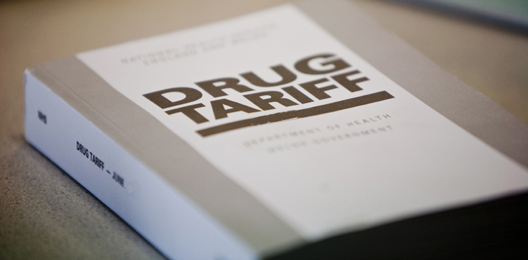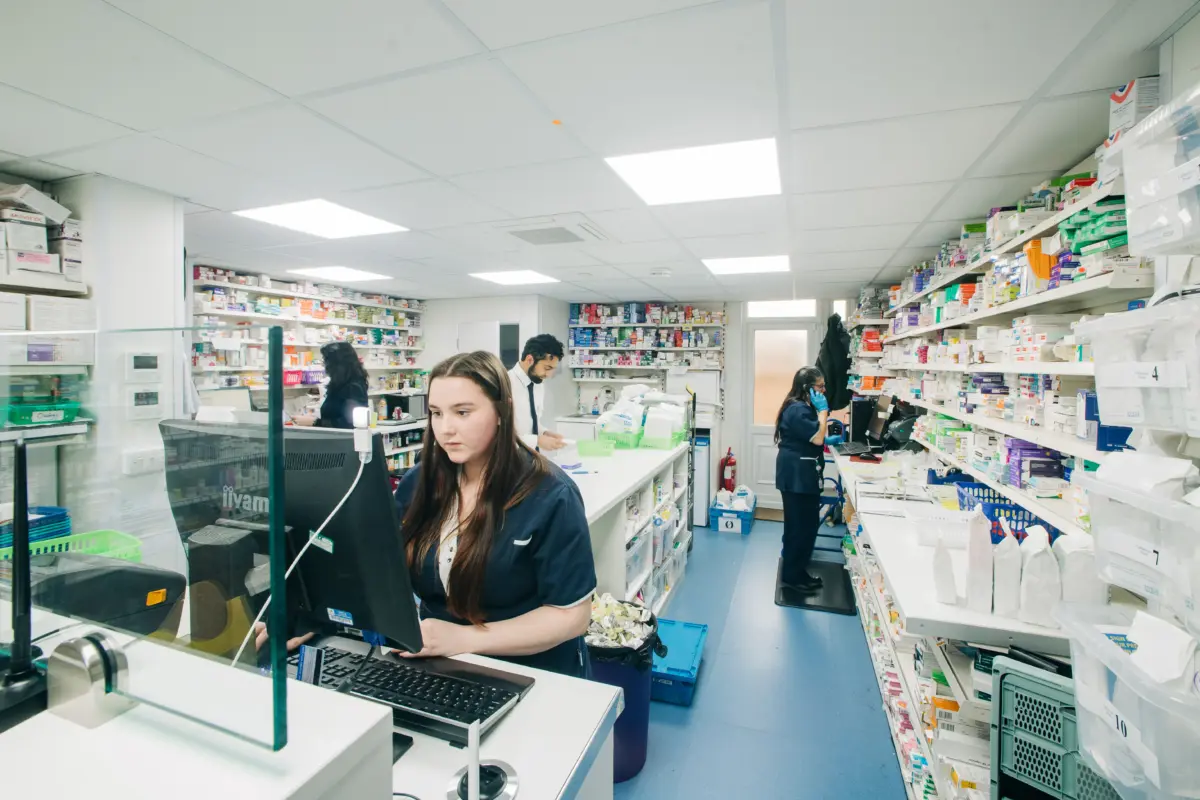EPS rolls out for Detained Estate prescribers
NHS England has announced that from late February and May 2025, the Electronic Prescription Service (EPS) will be fully extended to Detained Estate healthcare services in England.
The staggered rollout will allow prescribers working in prisons to issue EPS ‘To Take Out’ (TTO) and urgent prescriptions electronically to community pharmacies, removing the need for the use of paper FP10 forms.
Most people will be released from prison with a supply of their current medications, so they may only need to collect their EPS prescription after release. They are also likely to collect their prescription from a pharmacy far from the prison, as many people are detained a long distance from their homes.
This development and the piloting was previously announced.
Free-of-charge 0015 HMP code for these prescriptions
An HM prison-issued FP10 or FP10MDA prescription issued to a person released from prison is exempt from NHS prescription charges.
HMP prescriptions should have the exemption category 0015 HMP selected*.
*On some dispensing systems this category is worded in a misleading way, for example ‘patient does not have to pay a prescription charge’.
The prescriber address section of the prescription must include the initials ‘HMP’/YOI (Young Offenders Institution) to confirm that the prescription is exempt from charges.
If so, the patient does not need to complete a signed declaration on the back of the form or Token. Exemption category 0015 should only be used for processing HMP prescriptions for people released from prison.
Some pharmacy teams have asked their system supplier to identify HMP prescriptions and set these to the exemption category 0015 by default and to flag for pharmacy teams that these are HMP free-of-charge electronic prescriptions.
Handling these prescriptions
These prescriptions are expected to be relatively rarely seen by community pharmacies; however, any pharmacy might receive one of these prescriptions.
According to the NHSBSA, there are currently around 6,000 of these types of FP10s issued annually by prisons, but the availability of EPS may influence future use of that route to supply medicines to people being discharged from prison. Health and justice statistics indicate that tens of thousands of people are released from prison each year.
Here are the key points for pharmacy teams to consider when handling these prescriptions:
Patient communications
Prescribers have been asked to communicate to patients about their electronic prescriptions and to inform them they are entitled to free prescriptions.
Non-nominated prescriptions
These prescriptions might be non-nominated EPS prescriptions that need to be retrieved from the NHS Spine. Due to the uncertainty of where individuals will live after release, prescribers may choose to issue non-nominated prescriptions instead of using one-off or standard nominated prescriptions.
Tokens
Some individuals might have a token or prescription barcode/number for their prescription, either provided to them by the prescriber or accessible via the NHS App or their online NHS website account.
However, many patients may not have a token due to difficulties faced by prison prescribers in providing this and because patients may not have access to phones or computers to download their EPS token to present it to the pharmacy. In such cases, the prescription will need to be located by the pharmacy team using patient information, such as their name, date of birth and the address of the prison from which they were released.
Pharmacy queries to the prescriber
If a pharmacy needs to contact the prison prescriber, they should look up the prison contact details and then phone the main prison switchboard and ask to be connected to the healthcare team. These teams generally operate during core hours from 08:00 to 17:00, Monday to Friday, with some availability outside these hours.
Rollout plans
The rollout of EPS in the detained estate has been phased, and the full rollout will also be phased.
The initial rollout at HMPs Leeds and Foston Hall began in late January 2025 with full rollout taking place between February 2025 and April 2025 (see the table below and note that dates could be subject to change).
| Rollout plans | Target dates |
| Two pilot prescriber sites | Dec 2024 – Jan 2025 |
| Five early implementer prescriber sites | From Jan 2025 |
| Rollout will then be on a regional basis to further prescribers | From Feb to April 2025 |
The plans and dates may be subject to change. A more detailed table outlining the rollout by region in the weeks from now until May can be found here.
Support and escalations
Queries about the rollout of EPS in the detained estate can be emailed to necsu.hjis@nhs.net.
If there is a technical issue or a concern with an EPS prescription, use the usual EPS escalation route factsheet to ensure a proper resolution.
Further information
- NHS England notice about full rollout of the Electronic Prescription Service (EPS) to the Detained Estate service (February 2025)
- EPS use in urgent and other care settings







